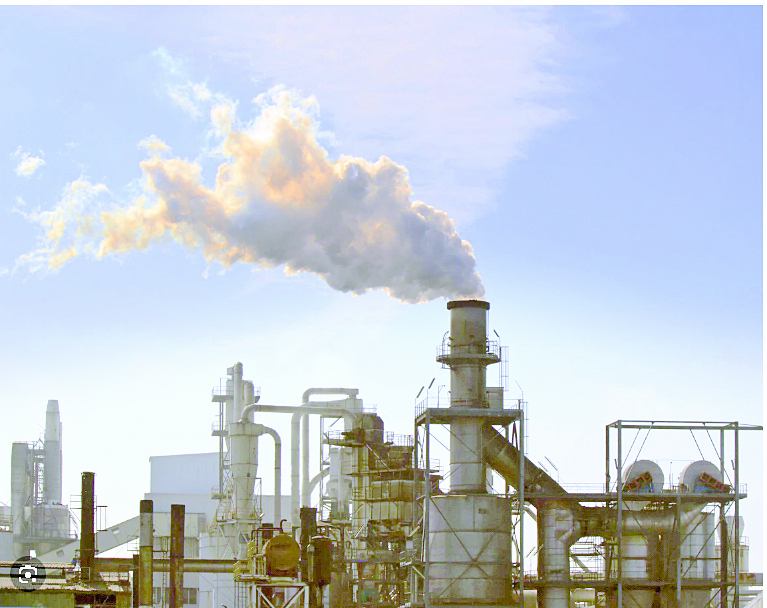As the world grapples with global warming where efforts are being directed towards reducing the amount of carbon in the atmosphere, experts are also calling for the repression of methane gas, an equally harmful pollutant.
A third of the global warming being experienced today has been attributed to the emission of methane gas.
The United Nations warns that Methane harms human and ecosystem health as its emission leads to ground-level ozone pollution, which causes approximately a million premature deaths per year globally, reduces crop productivity and harms ecosystems.
“Without a dual strategy of reducing methane and deep decarbonisation, we will not be able to meet the Paris Agreement objective. Reduction in oil and gas demand will lead to a reduction in methane emissions—but will not reduce methane fast enough to limit warming to 1.5 °C without additional, immediate actions to abate methane emissions from fossil fuel production,” UN emphasized.
Experts say that Methane is a powerful and short-lived greenhouse gas, with a lifetime of about 10 years.
The amount of methane in the atmosphere is estimated to be two and a half more than it was during pre-industrial times.
Further, Methane’s Global Warming Potential is estimated to be about 80 times greater than that of carbon dioxide during the 20 years after it is released into the atmosphere.
If early interventions are not implemented, methane emissions are projected to rise by up to 13 per cent by 2030.
Global methane emissions must be reduced by 40-45 per cent below 2020 by 2030 to be consistent with the least-cost pathways of limiting global warming to 1.5°C this century.
“Decarbonizing our economies and transitioning out of fossil fuels to achieve net zero by 2050 must go hand in hand with full implementation of targeted methane abatement by 2030 to keep our 1.5 °C target within reach. All least cost pathways consistent with 1.5 °C require full implementation of methane targeted measures by 2030 to cut emissions by 30-60% below 2020 levels by 2030,” the United Nations Environment Programme (UNEP) says.
The agency said that Methane is now an increasingly global climate priority, with a deliberate intention for addressing emissions building among both governments and companies.
According to UNEP, the majority of human-driven methane emissions come from three main sectors including, approximately 40 per cent from agriculture, 35 per cent from fossil fuels and another 20 per cent from solid waste and wastewater.
“The fossil fuel sector has the greatest share of ready-to-implement and cost-effective technical opportunities to reduce methane emissions in this decade. Investments needed in operational changes in the oil and gas sector are equivalent to less than 2 per cent of income generated by oil and gas companies in 2022,” the UN body stated.
Calls to address Methane emissions intensified after a report that revealed how governments and companies continue to overlook information about the pollutant gas.



















